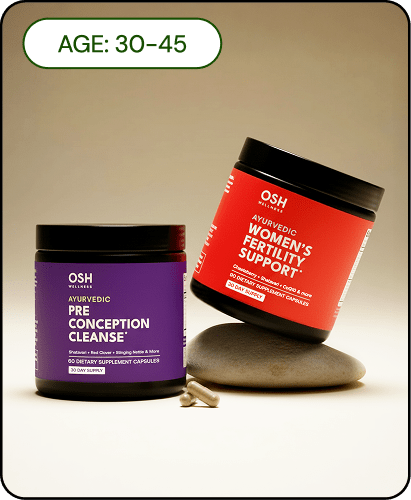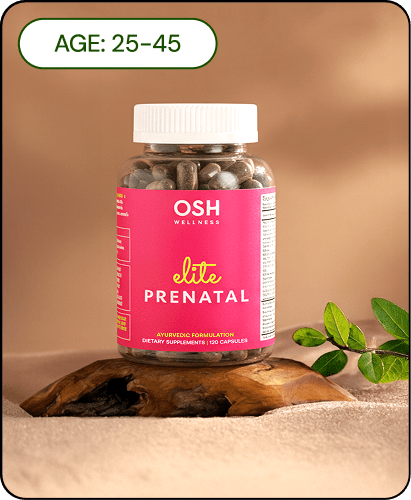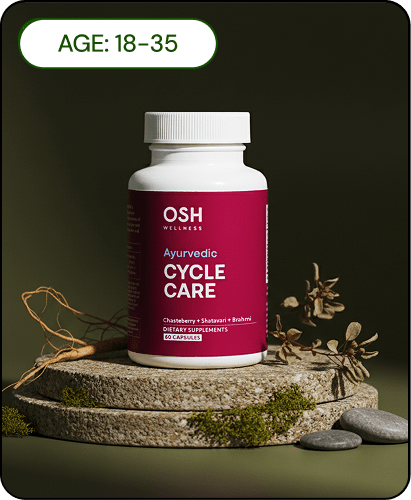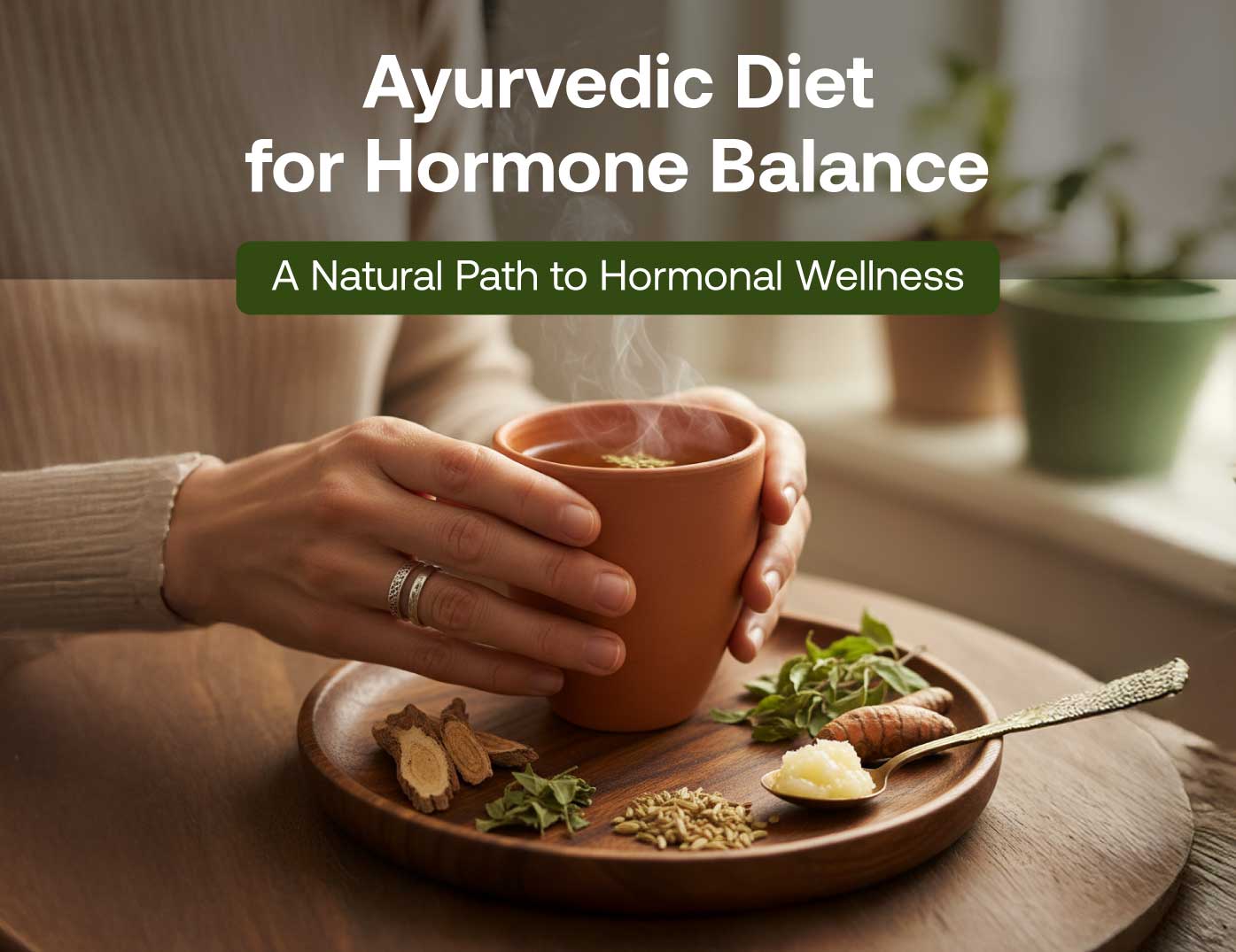Table of contents
Menopause marks a significant transitional phase in a woman's life, often accompanied by various physical and emotional symptoms. Among these changes, menopause heart palpitations at night can be particularly concerning. These sensations, often described as fluttering, pounding, or irregular heartbeats, are frequently tied to hormonal fluctuations and can provoke anxiety and sleep disturbances. This article explores the link between menopause and heart palpitations, offering insight into the causes, signs to watch for, and effective relief strategies to empower women navigating this stage of life.
Introduction to Menopause and Heart Palpitations

Menopause is defined by the end of menstrual cycles and a marked drop in hormone production, especially estrogen. Among the many symptoms of menopause, nighttime heart palpitations have increasingly become a focal point for both researchers and patients. These palpitations may feel like racing, fluttering, or skipped heartbeats and are often most noticeable when a woman is resting or trying to fall asleep. About 54% of women experience palpitations during perimenopause and menopause, a phenomenon mainly attributed to declining estrogen levels that can affect autonomic control of the heart[1].
These heart palpitations frequently occur alongside other menopausal symptoms like hot flashes, night sweats, mood swings, and anxiety. The sensations can feel alarming and may even lead to health anxiety or panic attacks[2]. Compounded by sleep disruptions, these symptoms are known to impact emotional well-being, increasing the risk of depression and mood instability[3].
Recognizing and understanding these symptoms help reduce worry and enable women to seek appropriate care and implement lifestyle changes that ease both physical and emotional discomfort during this crucial period.
Hormonal Changes During Menopause

Menopause is associated with dramatic shifts in hormone levels, primarily a decline in estrogen and progesterone. These hormones play vital roles in heart and overall health, and their reduction can influence heart rhythm and cardiovascular regulation. Estrogen, in particular, has cardioprotective properties that help regulate heartbeat and maintain the elasticity of blood vessels. As estrogen drops, the risk for irregular heartbeats and palpitations increases[4].
Progesterone also affects heart rhythm, and its decline doubles the impact. The hormonal imbalance sensitizes the nervous system to stressors such as caffeine, alcohol, lack of sleep, and emotional tension, which can further trigger or intensify palpitations[5].
Although often benign, heart palpitations should not be ignored, especially when accompanied by chest pain, dizziness, or fainting. Such signs could suggest an underlying arrhythmia or cardiovascular condition that requires medical evaluation[6]. Understanding the interlinked symptoms of menopause can help women proactively protect their heart health.
Recognizing When Heart Palpitations Are Concerning

While most menopause-related heart palpitations are harmless, some situations warrant medical attention. Women should monitor their symptoms closely. You should seek medical evaluation if your palpitations:
Last longer than a few seconds or become more frequent and intense
Are accompanied by chest pain, dizziness, fainting, or intense shortness of breath
These signs may indicate a more serious cardiac issue and should not be overlooked[1],[7]. Risk factors linked to these palpitations include estrogen loss, stress, certain medications, and lack of sleep[8]. Lifestyle habits, including high caffeine intake, lack of exercise, and chronic anxiety, can also exacerbate symptoms[9].
Awareness of when to consult a healthcare provider is crucial. Even mild symptoms might signal hidden conditions, making early screening and heart monitoring essential[6].
Holistic Approaches to Managing Symptoms

A holistic approach to managing menopausal heart palpitations focuses on treating the body and mind together. Important lifestyle strategies include:
Identifying triggers like stress, dehydration, or low blood sugar and addressing any underlying thyroid issues[10]
Engaging in stress management techniques such as yoga, meditation, and tai chi to balance nervous system activity[11]
Eating a nutrient-dense diet high in vegetables, fruits, whole grains, and omega-3 fatty acids
Reducing or eliminating caffeine, alcohol, and sugar intake[3]
Exercising regularly with at least 150 minutes per week of moderate activity to enhance cardiovascular strength and stress resilience[12]
Supplements, including magnesium, omega-3s, and isoflavones, may help regulate heart rhythm and support hormonal balance when taken under medical supervision. [13] Alternative therapies such as acupuncture and massage may also lessen the severity of menopausal symptoms and improve sleep and mood[14].
Natural Supplements and Remedies for Heart Health

Several natural supplements and herbal remedies show promise in easing menopause-induced heart palpitations:
Phytoestrogens from soy, flaxseeds, and legumes may mimic estrogen and relieve heart-related symptoms. However, they are best consumed alongside other strategies, as diet alone may not deliver therapeutic doses[15].
Vitex (chasteberry): Known for its mood-stabilizing properties, it reduces stress-related triggers of palpitations.
Magnesium: A well-researched mineral essential for proper heart rhythm; confirmed deficiencies can intensify palpitations[16].
Also consider optimal levels of potassium, calcium, vitamin D, and vitamin E, all of which support heart electrical stability. Supplements such as L-theanine and Asian ginseng may promote relaxation and energy stabilization, respectively. These options should always be discussed with a healthcare provider due to potential medication interactions[17].
Consulting with Healthcare Providers

For women experiencing menopause-related heart palpitations, professional medical guidance is essential. Diagnostic tools may include:
Electrocardiogram (ECG) to check for abnormal rhythms
Holter monitoring for 24–48 hours to capture intermittent palpitations
Event recorders and echocardiograms for detailed analysis of heart function[18]
In some cases, Menopausal Hormone Therapy (MHT) may balance hormones and reduce palpitations[2]. Other treatments include beta-blockers or anti-anxiety medications, depending on the underlying cause[19]. Women are advised to keep a record of their symptoms, durations, and any triggers to aid in diagnosis and personalized treatment planning [1].
Relevant Products
Osh Wellness Hormone & Mood Support is designed to assist in managing menopause-related symptoms, including hormonal imbalances and hot flashes. Its formulation combines natural ingredients that may support overall well-being when used in conjunction with a healthy lifestyle.
Conclusions
Heart palpitations at night during menopause can be alarming, but they are often part of the broader mosaic of hormonal changes. While usually benign, it's important to recognize when palpitations indicate a more serious issue. With proper lifestyle changes, supplements, and medical evaluation, most women can manage these symptoms effectively. Empowering oneself through education and open dialogue with healthcare providers can significantly enhance well-being during menopause.
FAQs
What causes night palpitations during menopause?
Hormonal changes, especially drops in estrogen and progesterone, can trigger heart palpitations at night. These hormones affect heart rhythm and stress response, so lower levels make the heart more sensitive to triggers like stress, caffeine, alcohol, and poor sleep.
When are heart palpitations serious?
If palpitations are frequent, prolonged, or occur with chest pain, dizziness, or shortness of breath, consult a doctor. These signs may indicate an underlying heart or thyroid condition that needs medical attention.
How to stop menopause palpitations naturally?
Reduce triggers like caffeine and alcohol, stay hydrated, and practice yoga, meditation, or deep breathing to calm the nervous system. A balanced diet rich in omega-3s, vegetables, and whole grains supports heart and hormone health.
What natural remedies help with menopause heart palpitations?
Supplements such as magnesium, omega-3s, and phytoestrogens (from soy and flaxseeds) may support heart rhythm and hormone balance. Herbs like Vitex and Ashwagandha can ease stress and regulate mood. Always consult a healthcare provider before starting supplements.
When should I see a doctor?
See your healthcare provider if palpitations disrupt sleep, increase anxiety, or come with chest pain or fainting. Tests like an ECG or Holter monitor can rule out heart rhythm issues and guide personalized treatment.
Sources
1: Evernow - Heart Palpitations
2: PMC - Heart Palpitations During Menopause: A Review
3: Medical News Today - Understanding Menopause Symptoms
4: Endocrine Society - Signs and Symptoms of Menopause
5: FL Heartbeat - Menopause and Arrhythmia Risk
6: Mayo Clinic - Heart Palpitations
7: Healthline - Menopause and Heart Palpitations
8: British Heart Foundation - Menopause and Heart Disease
9: BSW Health - Heart Palpitations and Menopause
10: PMC - Holistic Approaches to Managing Menopausal Symptoms
11: Wellness OBGYN - Holistic Menopause Treatment
12: Raveco - Holistic Approaches to Menopause Support
13: NHS - Herbal Remedies for Menopause Symptoms
14: Intimate Rose - Menopause and Heart Palpitations
15: Cleveland Clinic - Heart Palpitations and Supplements
16: Gennev - How to Stop Hormonal Heart Palpitations
17: PMC - Review on Menopausal Hormone Therapy
18: Rupa Health - 10 Lab Tests for Patients with Heart Palpitations








